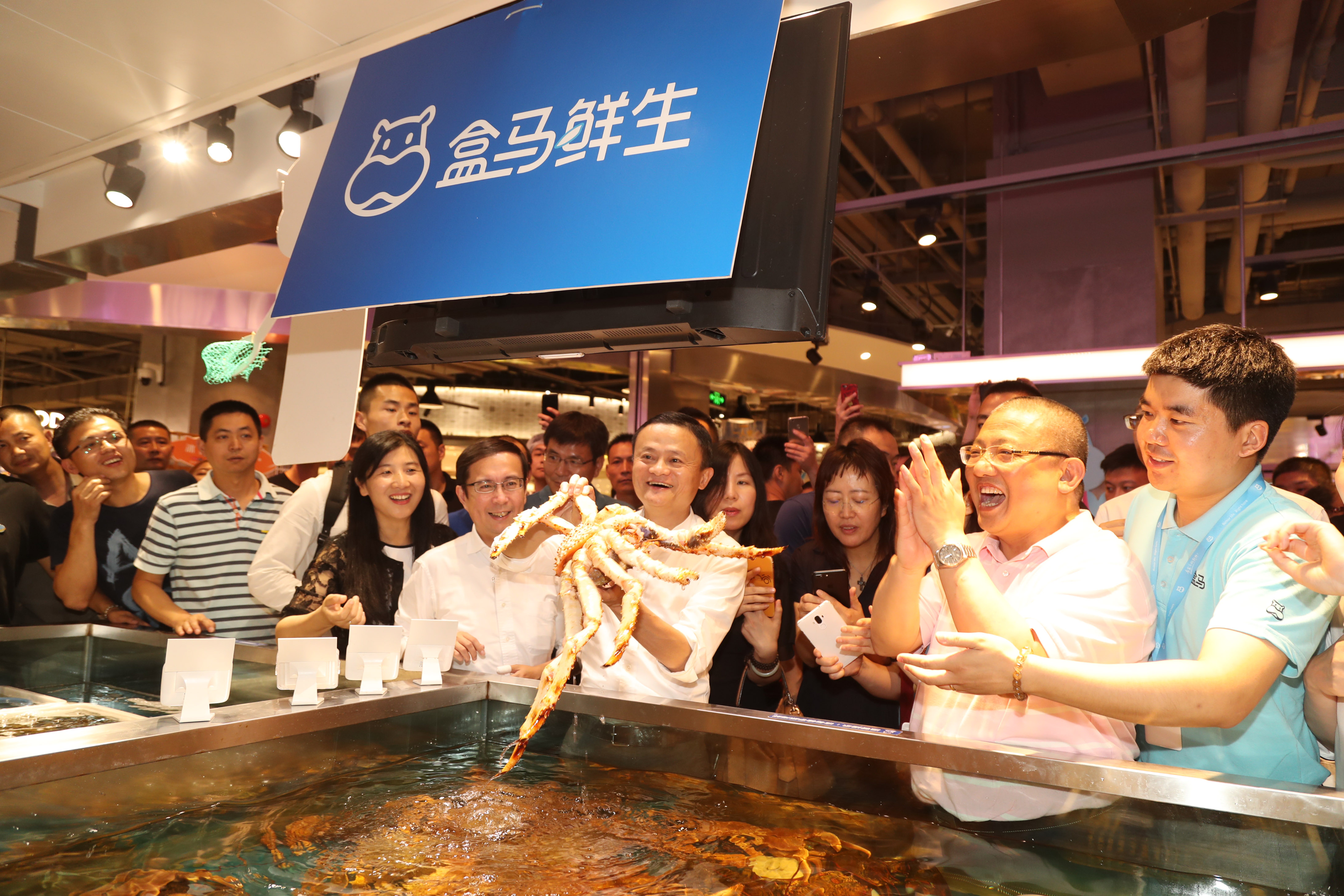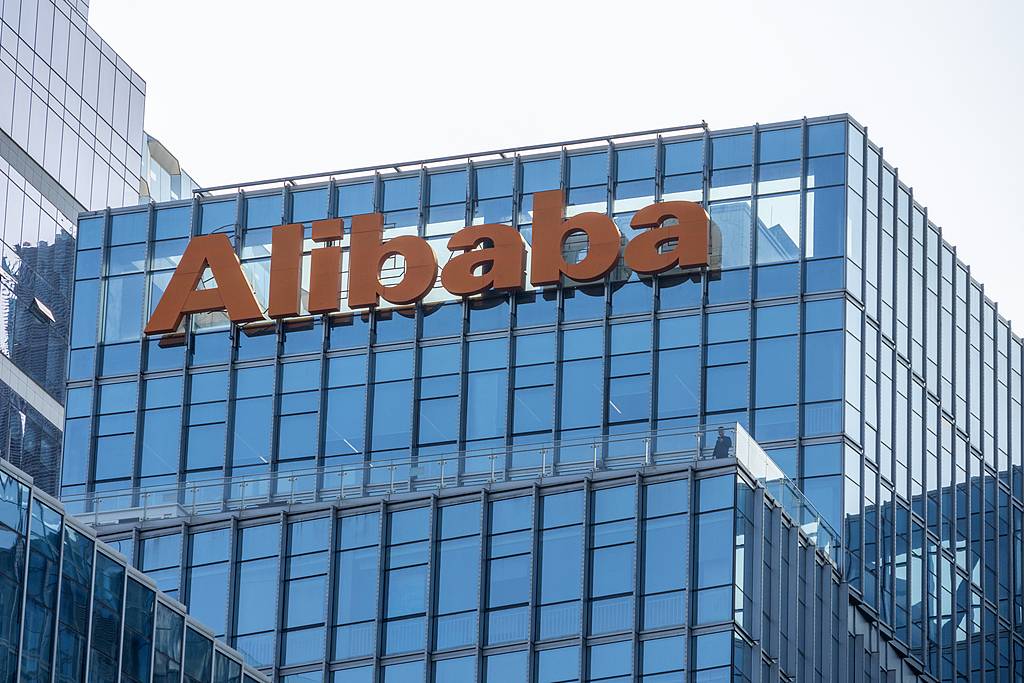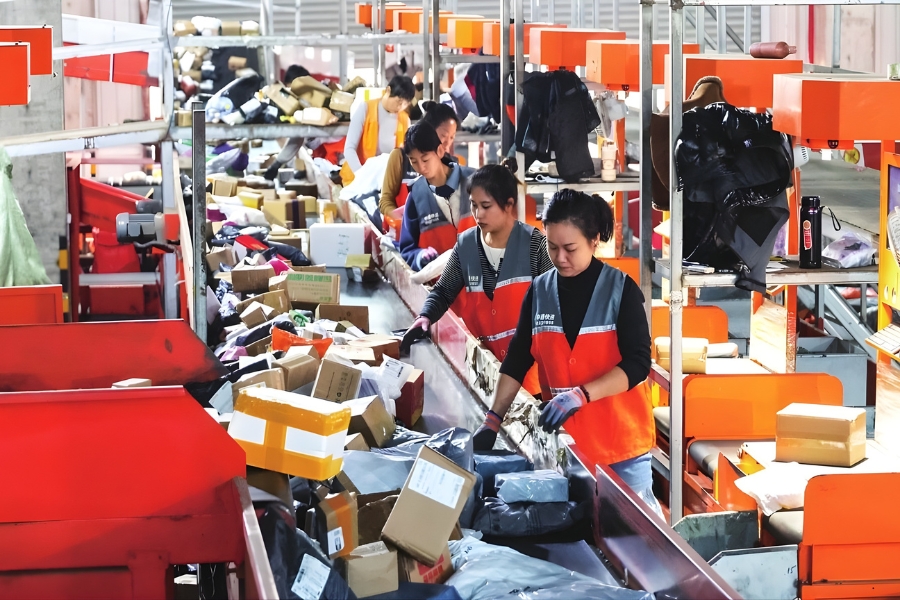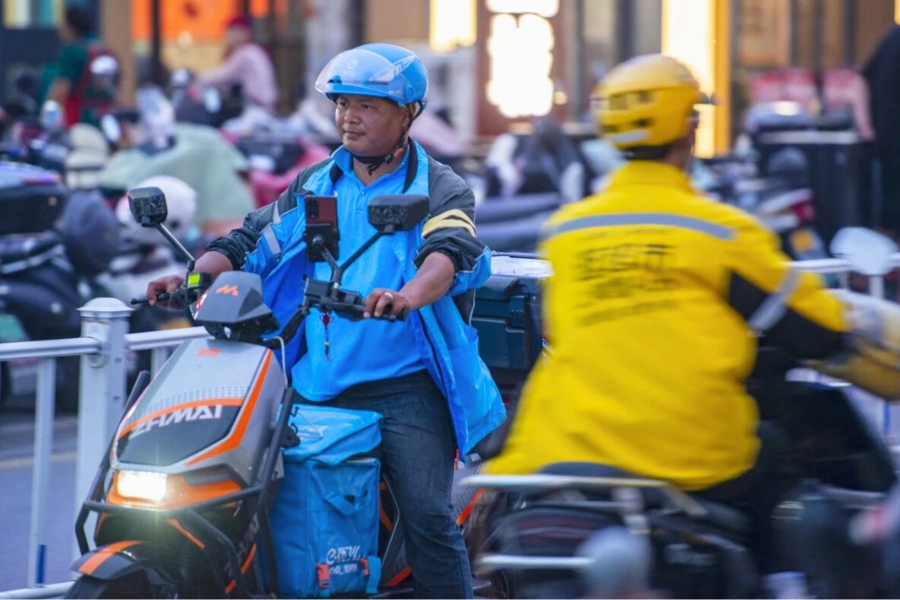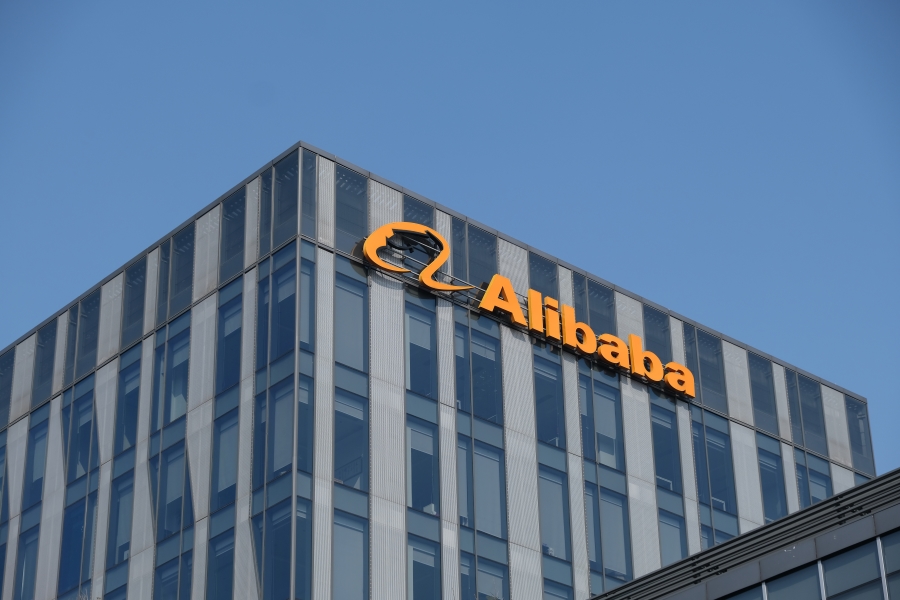What Alibaba calls 'core commerce' contributed 72% to its total revenue in the quarter ended 30 September.
In the quarter:
- Total revenue was RMB55.12 billion (US$8.29 billion), an increase of 61% year-over-year.
- Revenue from core commerce, primarily generated from China retail marketplaces, 1688.com, AliExpress, Alibaba.com and Lazada.com, increased 63% year-over-year to RMB46.46 billion (US$6.98 billion).
- Revenue from digital media and entertainment increased 33% year-over-year to RMB4.80 billion (US$721 million). This represents advertising and subscription revenue generated from Youku Tudou and mobile internet services revenue from UCWeb.
- Revenue from innovation initiatives increased 27% year-over-year to RMB887 million (US$134 million). One such initiative is from AutoNavi, which launched location-based services for brands and retailers during the recent National Day Golden Week holiday campaign.
- Annual active users reached 488 million, an increase of 22 million from the 12-month period ended 30 June, 2017.
According to Joseph Tsai, vice-chairman and co-founder of Alibaba Group, 61% is the highest ever revenue growth rate for Alibaba since its IPO. And what Alibaba calls 'core commerce' contributed 72%.
This reflects the impact of investments in its 'new retail' strategy alongside globalisation (with Lazada and AliExpress), and customer satisfaction and experience improvement such as promotion and logistics, the company stated.
One 'new retail' revenue driver was the Hema fresh grocery supermarket, launched in July and dubbed by Alibaba's Jack Ma to be the posterchild of its 'new retail' format.
In an earnings call last night, chief executive officer Daniel Zhang highlighted that the 'new retail' strategy will continue to be executed via partnerships with offline retailers in key categories such as fashion (Intime); in consumer electronics (Sony); in food and FMCG (Bailian and Sanjiang).
That said, the strategy is "still in early stages", Zhang said, with the ultimate goal of "helping the whole retail world to be upgraded into a digital operation".
| See all 2017 Singles Day coverage |
Most importantly, retailers must digitalise their customer management systems so that "they can manage their customers more efficiently rather than just have a brick-and-mortar store and waiting customers to come". This has been difficult in the past because department-store models in China operate mainly by renting counter space to retailers.
Hema, in particular, meant to merge online and offline shopping for fresh seafood, is neither a supermarket, nor a food mart, pointed out Zhang. "This is a new animal."
In terms of advertising revenue, which is spread across three of its four main revenue drivers (commerce, media and entertainment, innovation), Alibaba is expected to capture 45.5% of the $36.2 billion mobile internet ad market in China this year, according to eMarketer. Also, its share of the digital ad market is predicted by eMarketer to increase by 29.8% to 35.2% this year.

